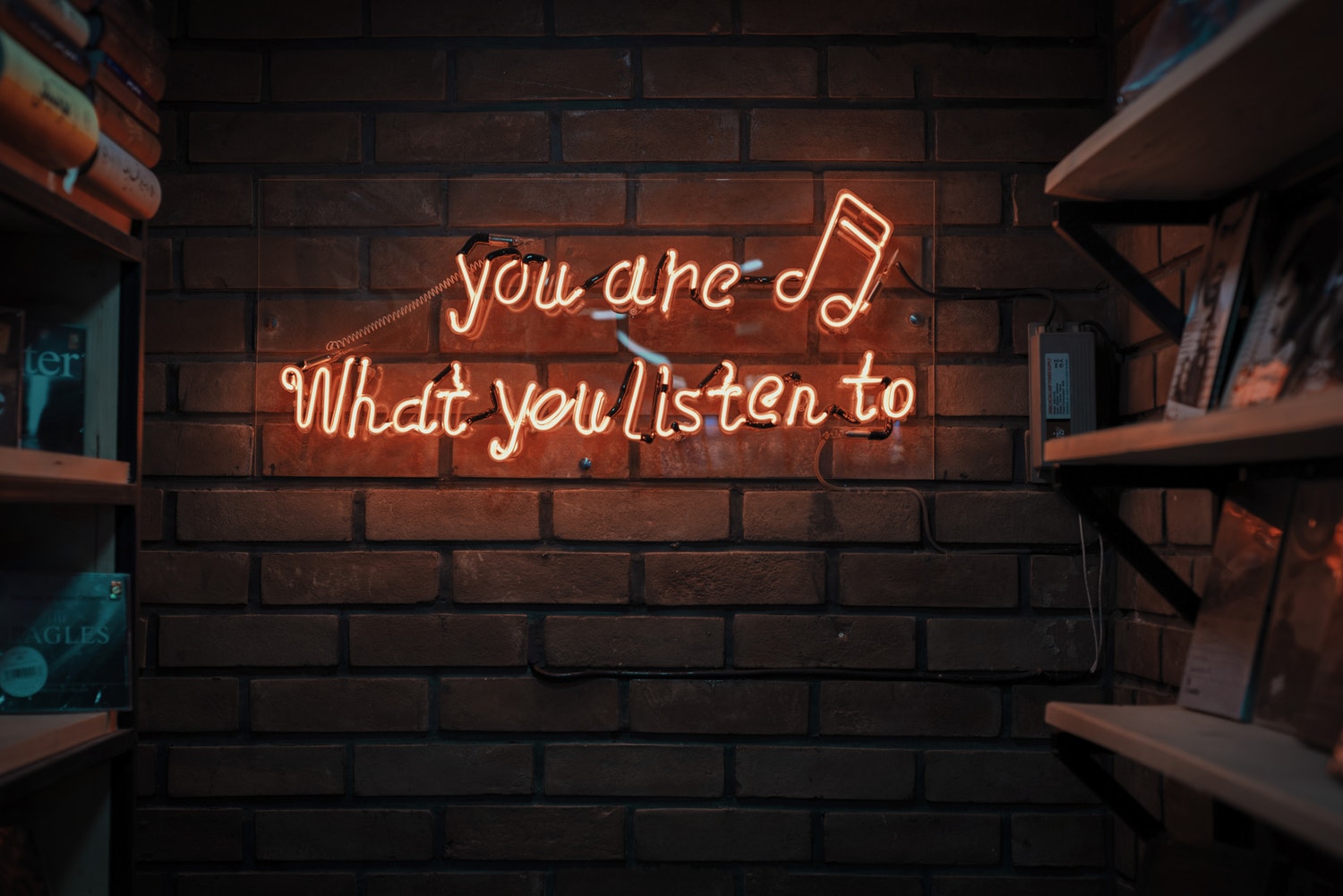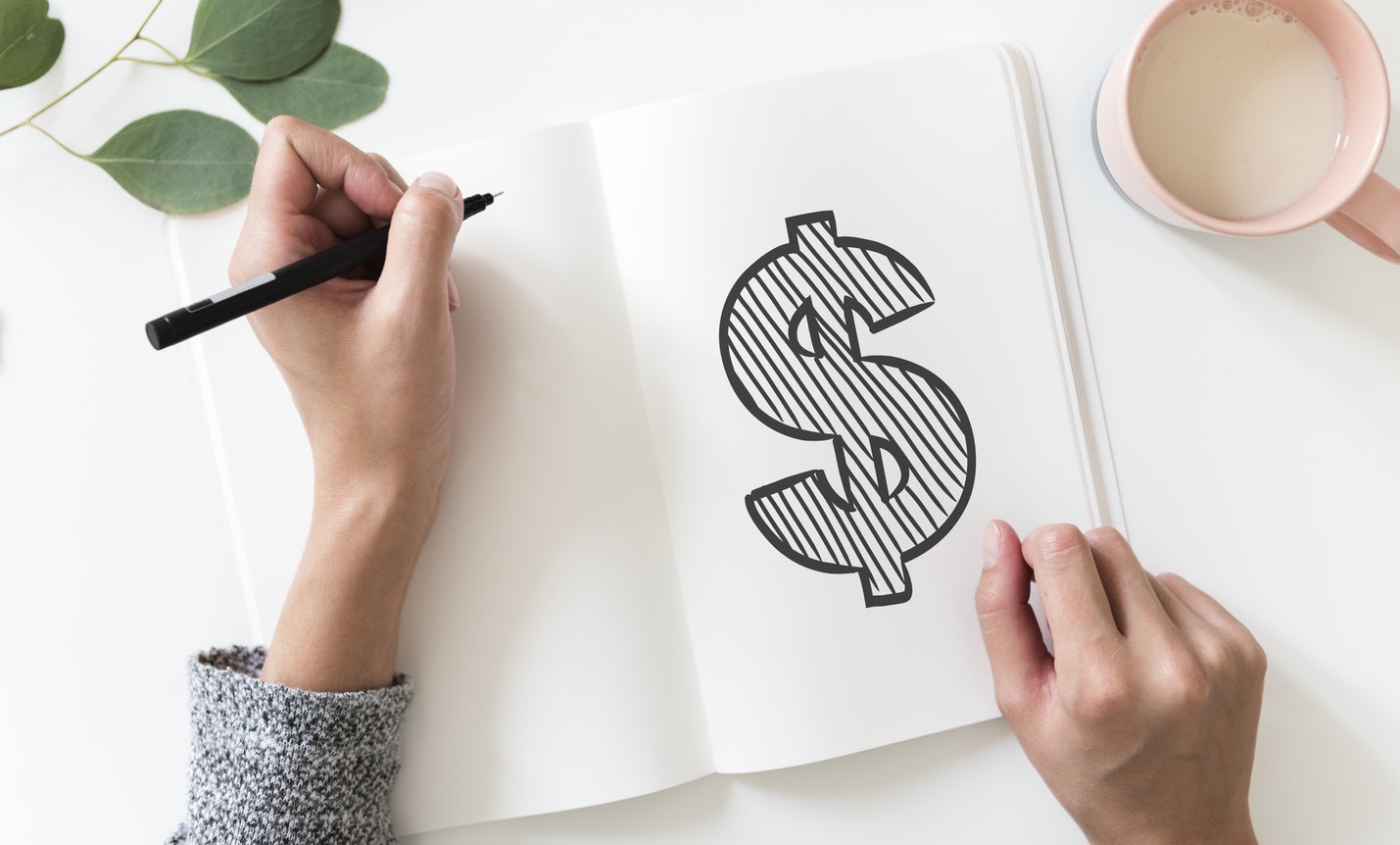
The music industry has changed a lot over the last couple of decades, especially in terms of how artists get paid for their work. Thanks to the emergence of the internet, new possibilities to host music have been created and new revenue models developed. Streaming services were the real game-changers in this respect – in 2017, the U.S. music industry generated $8.7 billion of income. This is a 16.5 percent increase compared to 2016, and it is mostly thanks to the streaming services.
However, probably the biggest and most powerful digital service out there, Facebook, has done surprisingly little to get involved in the world of music. And that is a bit strange since its number of users has surpassed 2.2 billion now and we all know that Facebook’s executives have been very inventive when it comes to finding new ways to use the popularity of their platform to earn money. And yet they did not seem too interested in finding a way to include the music industry in their business model. That is, until recently.
Over the course of last 2-3 years, Facebook has definitely made some moves in order to try to change that. Some of them are quite serious, and the others… not so much. Let’s check what’s new in Facebook’s relation to the music industry, labels, and artists.
Lip-sync tool
One of the recent music-related features that Facebook has launched is the lip-sync tool. Its concept is quite simple. You choose a song to play in the background while recording yourself on camera and then the new tool does the magic – it seems like your lips are moving in such a way that you are singing the song.
This might get a bunch of teenagers to have very good fun for a few weeks, but it is probably going to be a short-lived trend like Dubsmash, at best. It is definitely not a groundbreaking feature that will change the music industry. Nevertheless, it might give a bit of visibility to some artist and help them generate some social media presence since there is an option of instantly visiting and following the artist in question. But saying that Facebook is “getting serious about music” because of it is, obviously, very far from the truth.
AI that transforms genres

Just a few weeks ago, Facebook representatives have revealed that they have been working on AI technology that is capable of transforming one genre of music into another. Again, not groundbreaking at the first glance, but it could be developed in an interesting feature or a fun app. However, what is serious about this whole concept is that it opens a lot of questions about music created by artificial intelligence. The answers to these questions might point to exciting new possibilities in the music industry and offer some explanations about the nature of musical creativity in general.
Monetization, finally
The last bit of news related to Facebook and music industry is significantly more serious. It could be said that it all started with the rise of online popularity and efficiency of the video format. The world of digital marketing has recently discovered the impact videos can have on the success of their campaigns. Some of the online video-related stats are borderline ridiculous, like the one that claims that by 2020, 80 percent of all internet traffic will be generated by videos. That is why the CEO of Facebook, Mark Zuckerberg, announced in February 2017 that Facebook is setting up a video-first strategy with a heavy focus on producing, hosting and boosting video material.
Naturally, this comes hand-in-hand with an obligation to deal with all sorts of videos that contain any kind of music. Some Facebook users were tired of getting their videos down because of music-related copyright infringements, especially digital marketing agencies that used them as an important part of their marketing strategies. That is why Facebook announced licensing deals with some of the biggest labels in the world. Deals with companies such as Global Music Rights, Sony/ATV, Kobalt Music Publishing, SEASAC and HFA/Rumblefish mean that Facebook will have access to the works of some of the most famous musicians in the world.

This further means that Facebook users will be able to upload videos with the background music made by these artists without facing any troubles and Facebook will pay for that. On the one hand, this sounds like great news, since it represents another source of revenue for labels and artists. In a way, it is beneficial for all sides, especially the rights holders who used to be the ones tracking and policing the copyrighted videos on their own. It will be beneficial for Facebook users as well, who will be free to upload videos without thinking about copyright claims. At the end of the day, it is valuable for Facebook as well, as it opens a world of new business opportunities.
Troubles on the horizon
Nevertheless, there are possible downsides and some obvious obstacles that will have to be overcome. Namely, it seems that the initial deal is that Facebook pays a kind of a lump sum up-front to all publishers, based on their market share. But when these deals expire, copyright owners will be able to monetize their music based on the number of plays and get a share of the money that the host platform is making, YouTube-style.

Now, Facebook is already developing a system that should be able to identify video and audio content and warn the rights holders of any infringements. However, experiences that labels and artists have had with YouTube are not too promising, and it is a question whether Facebook will be able to build a software that is any better in tracking copyright content violations.
Moreover, once the initial deal is over, the finance-related difficulties will come to light. Facebook does not have an appropriate accounting system that could support this huge and robust enterprise and handle these per-play payments reliably. Checking the reliability of royalty statements could be very difficult if not impossible, which does not ruin the whole idea at the very beginning, but it does raise some questions that have to be answered.
Bottom line
To conclude, the answer to the question from the title is – yes, Facebook is getting serious about music. Yet it seems like they are still not there. However, there are some substantial changes taking place and it will be interesting to see where this partnership between Facebook and the music industry will go. Facebook executives have started to realize that this cooperation can open a lot of new business opportunities for their company and we will just have to sit and watch how they will handle them.
